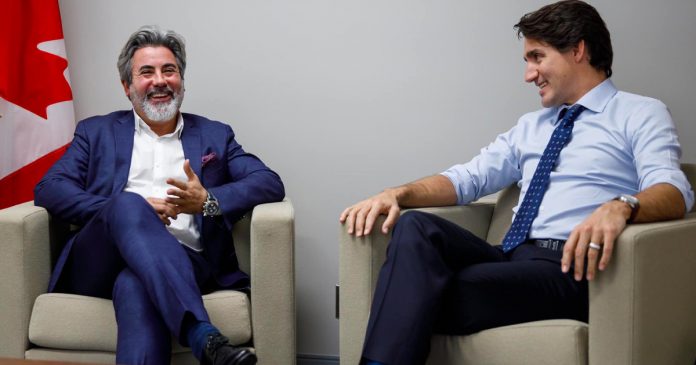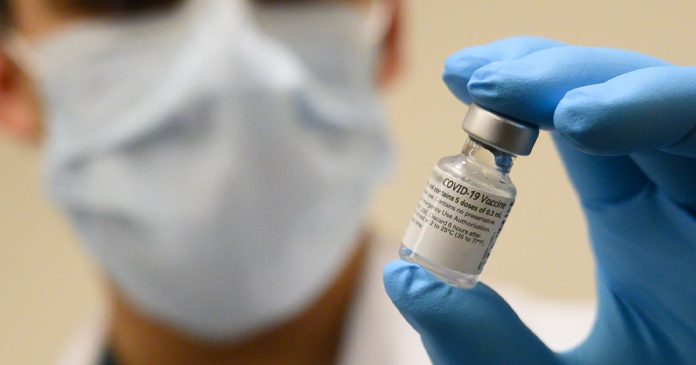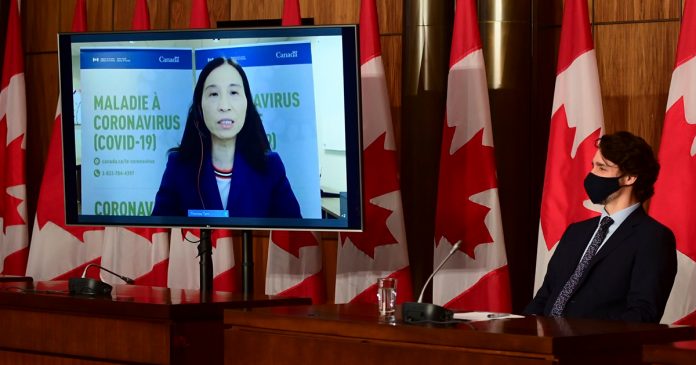Newly-appointed Heritage Minister Pablo Rodriguez told reporters the Liberal government’s plan to regulate online publishers has “nothing to do with free speech.”
According to Blacklock’s Reporter, Rodriguez made the comment Tuesday in response to a question about Bill C-10, a sweeping update to Canada’s Broadcasting Act that critics have called an attempt to regulate Canadians publishing content online.
When asked by reporters to address the Conservative’s concerns that the bill infringes on the free speech rights of Canadians, Rodriguez responded by saying: “That bill has nothing to do with free speech.”
“C-10 is a top priority. I am currently in discussions with stakeholders and it will be treated as such. It will be one of the priority bills,” said Rodriguez.
“I had an initial discussion with my Conservative counterpart and I think we can work together to make this happen.”
Bill C-10, which died in the previous legislature when the election was called, would have expanded the authority of the Canadian Radio-television and Telecommunications Commission (CRTC) to the digital space. Certain provisions in the legislation also sought to have web giants like Facebook and Google compensate Canadian media outlets for the content they host on their platform.
The Liberals have committed to reintroducing the bill in the new session of parliament.
Debates around the bill reached a new peak earlier this year after the Liberals moved to remove a provision from the law which was included to protect the content Canadians post online from government regulation.
To date, a growing body of experts has come out against the legislation claiming that it is too sweeping and violates Charter-guaranteed freedom of expression rights.
In May, two former CRTC officials signed a petition that called the bill a step towards authoritarianism.
“It appears Canada is not immune to the growing trend of government intervention to curtail freedom and seek to control parts of the internet’s infrastructure in ways reminiscent of actions taken by authoritarian governments,” wrote the petition.
“We are Canadian internet policy and technical professionals writing as concerned experts and on behalf of all those who care about the future of a free and open internet.”
The petition was signed by CRTC ex-chair Konrad von Finckenstein and former CRTC commissioner Timothy Denton.



























